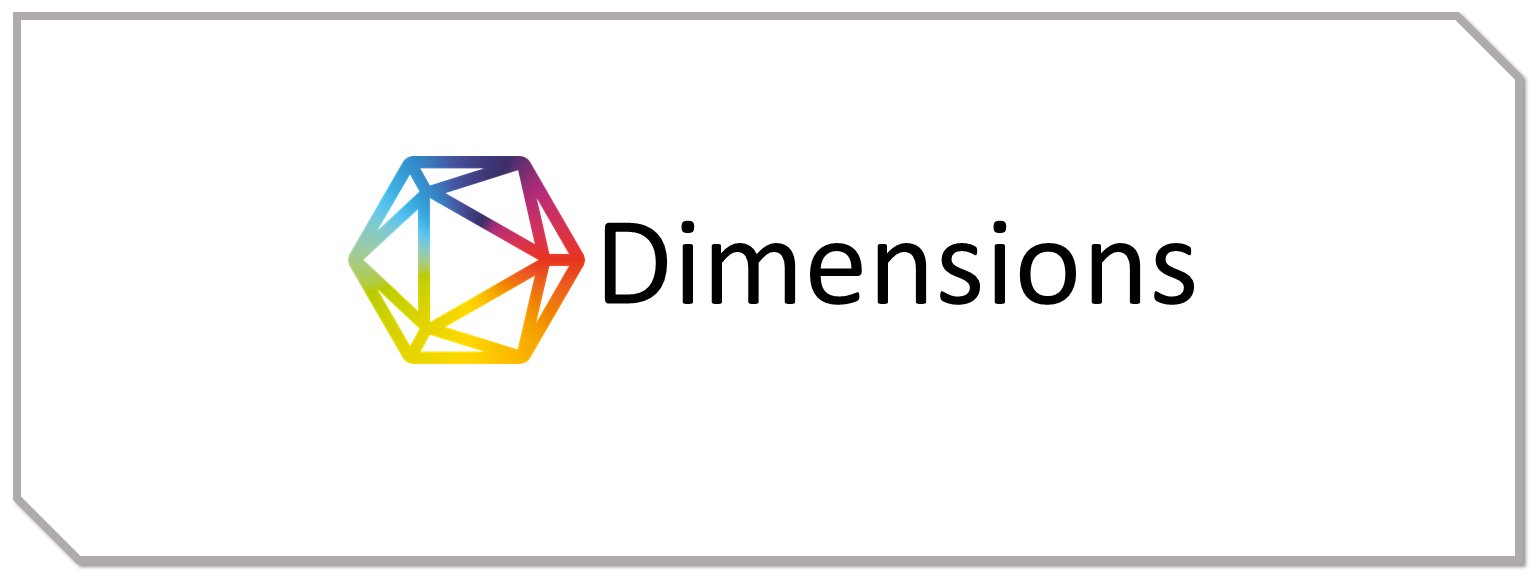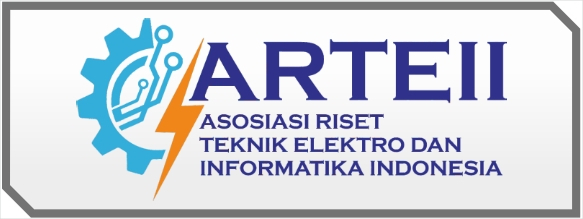Analisis Pola Komunikasi dengan Chatgpt dalam Perspektif Psikologis pada Mahasiswa Universitas Pendidikan Indonesia
DOI:
https://doi.org/10.55606/juitik.v5i2.1040Keywords:
artificial intelligence, ChatGPT, digital communication, psychological interaction, studentsAbstract
In the digital era, students' interactions with technology have become increasingly widespread, including the use of artificial intelligence such as ChatGPT as a medium for both academic and personal communication. This study aims to analyze the communication patterns between students of Universitas Pendidikan Indonesia and ChatGPT, as well as its psychological impacts on users. This research employs a descriptive qualitative method, using in-depth interviews with three students from Universitas Pendidikan Indonesia and documentation in the form of conversation transcripts. The findings reveal that students utilize ChatGPT as a source of academic information, a discussion partner, and a tool for personal reflection. The communication patterns observed exhibit supportive, responsive, and affective styles. Psychologically, interacting with ChatGPT provides a sense of comfort, boosts self-confidence, and helps reduce academic anxiety. However, there is also a potential risk of dependency on the instant responses provided by artificial intelligence. This study recommends the development of digital communication literacy and the conscious use of technology to ensure that human–AI interactions remain psychologically healthy and productive.
References
Akastangga, M. D. F., Harmonis, S., & Al Hafidz, R. A. (2023). The impact of ChatGPT on the critical thinking ability of UIN Sunan Kalijaga students. Matrix: Jurnal Manajemen Teknologi dan Informatika, 13(3), 157–165.
Chen, C., Zhang, L., & Lin, J. (2023). AI in higher education: Transforming learning environments. Journal of Educational Technology.
Dwihadiah, D., Gerungan, A., & Purba, H. (2024). Penggunaan ChatGPT di kalangan mahasiswa dan dosen perguruan tinggi Indonesia. CoverAge: Journal of Strategic Communication, 14(2), 130–145.
Fadhillah, R., & Lestari, B. D. (2024). Penggunaan AI pada mahasiswa psikologi dalam meningkatkan kesehatan mental. Jurnal Empati, 13(4), 280–290.
Fatihah, N. A., Fuadi, L., & Rahmah, A. A. (2024). Peran orang tua dalam mendidik karakter sopan santun pada anak sekolah dasar di era post COVID-19. Jurnal Pendidikan dan Psikologi: Pintar Harati, 20(1).
Guzman, A. L., & Lewis, S. C. (2020). Artificial intelligence and communication: A human–machine communication research agenda. New Media & Society, 22(1), 70–86. https://doi.org/10.1177/1461444819858691
Haqqu, R. (2024). Batasan manusia dengan kecerdasan buatan (ChatGPT) dalam konteks pemanfaatan teknologi era digital. In Prosiding Seminar Nasional Ilmu-Ilmu Sosial (SNIIS) (Vol. 3, pp. 1193–1214).
Liu, T., Giorgi, S., Aich, A., Lahnala, A., Curtis, B., Ungar, L., & Sedoc, J. (2025, April). The illusion of empathy: How AI chatbots shape conversation perception. In Proceedings of the AAAI Conference on Artificial Intelligence (Vol. 39, No. 13, pp. 14327–14335).
Liu, Y., Zhang, M., & Wang, L. (2024). Ascribing consciousness to artificial intelligence: Human-AI interaction and user perception. Frontiers in Psychology, 15, 1322781. https://doi.org/10.3389/fpsyg.2024.1322781
Lo, C. K., Hew, K. F., & Jong, M. S. Y. (2024). The influence of ChatGPT on student engagement: A systematic review and future research agenda. Computers & Education, 105100.
Luthfiyyah, K., Zhafira, L., Nurani, S., & Giwangsa, S. F. (2024). Analisis peran artificial intelligence (AI): ChatGPT dalam perkuliahan di kalangan mahasiswa PGSD Universitas Pendidikan Indonesia. Jurnal Pendidikan Tambusai, 8(1), 5282–5290.
Miles, M. B., Huberman, A. M., & Saldaña, J. (2014). Qualitative data analysis: A methods sourcebook (3rd ed.). Sage.
Morozov, E. (2013). To save everything, click here: The folly of technological solutionism. PublicAffairs.
Nass, C., & Moon, Y. (2000). Machines and mindlessness: Social responses to computers. Journal of Social Issues, 56(1), 81–103.
Pratama, A., & Nugroho, B. (2024). Pengaruh ChatGPT terhadap berpikir kritis mahasiswa informatika kelas D angkatan 2023 Universitas Atma Jaya Yogyakarta. ResearchGate.
Putri, L., & Hidayat, R. (2024). Pengaruh penggunaan ChatGPT terhadap kemampuan berpikir kritis mahasiswa. Jurnal Pendidikan Tambusai, 6(2), 112–120.
Rahmawati, D., & Sari, M. (2024). Penggunaan AI pada mahasiswa psikologi dalam menyelesaikan tugas akademik. Jurnal Empati, 13(4), 280–290.
Rohmah, L. N., & Haqqu, A. M. (2024). Kecerdasan buatan sebagai teman emosional: Studi terhadap generasi Z dalam menghadapi tekanan akademik. Jurnal Psikologi dan Komunikasi Digital, 6(1).
Siregar, R. (2024). Persepsi mahasiswa terhadap penggunaan ChatGPT dalam pembelajaran. Jurnal Literasi Kita Indonesia, 2(3), 45–53.
Sugiyono. (2019). Metode penelitian kualitatif, kuantitatif, dan R&D. Alfabeta.
Uppal, K., & Hajian, S. (2025). Students’ perceptions of ChatGPT in higher education: A study of academic enhancement, procrastination, and ethical concerns. European Journal of Educational Research, 14(1), 199–211.
Downloads
Published
How to Cite
Issue
Section
License
Copyright (c) 2025 Jurnal Ilmiah Teknik Informatika dan Komunikasi

This work is licensed under a Creative Commons Attribution-ShareAlike 4.0 International License.




















